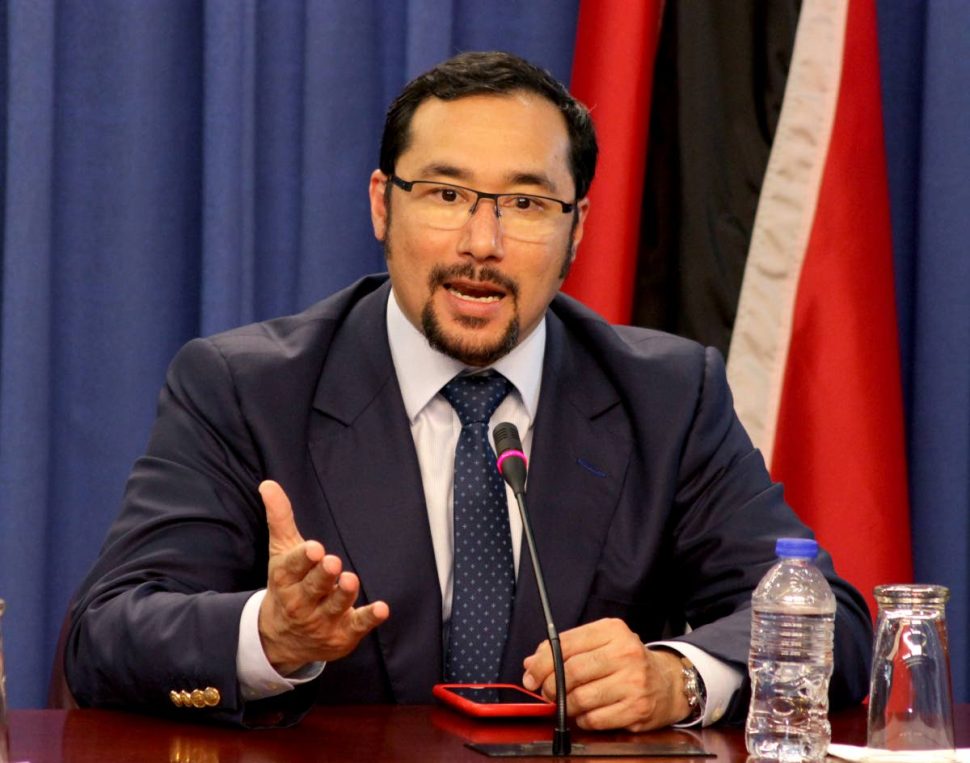(Trinidad Express) How could a fisherman raise “overnight” US currency of $20,000 to pay as a ransom, National Security Minister Stuart Young asked yesterday.
Speaking in the Budget debate in the Senate yesterday, Young said there had been “a lot of crying” from the population about the plight of fishermen. “I have been very careful as Minister of National Security when I call people fishermen. There have been a certain amount of kidnappings that have taken place. I am fairly certain that certainly on this side and the Independent side (of the House) there is no one that would be able to raise even US $5,000 in cash from a bank if they walk into a bank right now. I leave this question for the people of Trinidad and Tobago: how could the fishermen raise US $20,000 in cash overnight to pay ransom?”, Young said.
“Furthermore,” he emphasised, “these vessels were intercepted going out to fish, there was not a single hook, line or sinker in any of the vessels, nor any fish”. “I am very cautious about what I say and I guarantee my statements in this Senate as well as my recent utterances outside, including those on the political platform last week Friday, I have the evidence to substantiate everything that I have said,” he said.
On October 10 three fishermen kidnapped by Venezuelans and held for ransom were released after US 13,000 was paid. The three had been snatched at gunpoint while fishing in Icacos. Reports said the kidnappers initially wanted US $20,000 accepted US $13,000 after negotiations. On February 13, two cousins were released after a ransom of US $20,000 was paid to Venezuelan pirates, after their original demand of US $40,000 was dropped to US $20,000. Also in February five fisher-men were kidnapped after a ransom of US $60,000, gold and boat engines, was paid to their Venezuelan captors.
There have been calls since from a number of quarters, including Fishermen and Friends of the Sea, Gary Aboud, Cedros councillor Shankar Teelucksingh for a greater Coast Guard presence.
Speaking on the Venezuelan registration process, Young said although it was budgeted at $5 million, as at September 30, it cost only $4.3 million.






